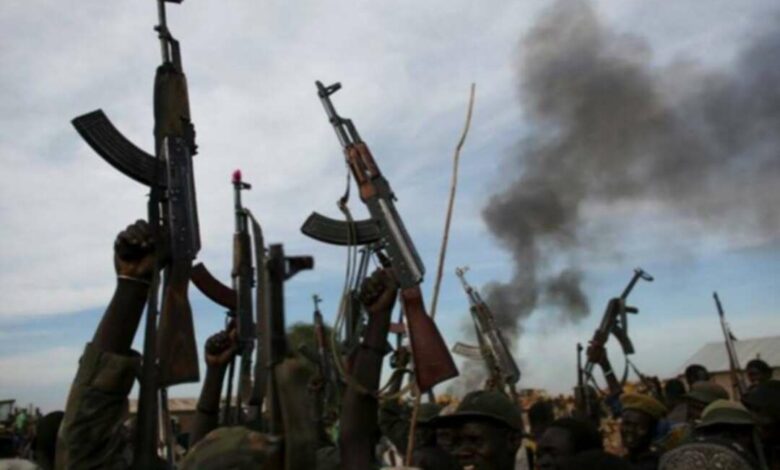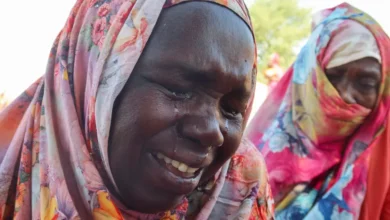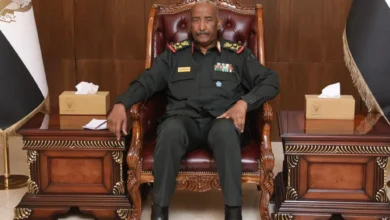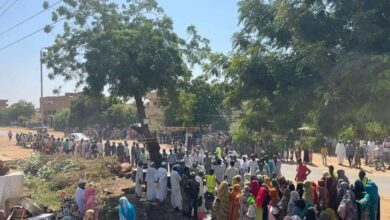Tribal conflict in Kordofan and Blue Nile

The Sudanese army accused the “People’s Movement – North” of involvement in the tribal conflict in West Kordofan state and the bombing of Lagawa area.
The Sudanese army announced, Wednesday, that forces from the “People’s Movement – North”, led by Abdelaziz El-Hilu, bombed neighborhoods in the city of Lagawa in West Kordofan state with mortar shells, injuring two members of the Rapid Support Forces.
The army added, in a statement, that the bombing “was followed by an attack on our forces with an infantry company following the movement, and our forces in the area managed to defeat them and force them to withdraw.” The statement noted that “what happened is a clear violation of the ceasefire agreement, which has been renewed and adhered to since October 16, 2019”.
The statement warned “the SPLM leadership of the consequences of any breach of the ceasefire, or any attempt to exploit the limited conflicts that may arise between the social components of the region, to pass an agenda that does not serve the historical peaceful coexistence between them.”
West Kordofan witnesses armed seasonal clashes between shepherds and farmers from Misseriya and Nuba tribes, leaving dead and wounded in conjunction with the rainy season. Following the renewed tribal conflict in the Blue Nile region.
The Sudanese authorities agreed to allocate two combat aircraft to enhance security and stability in West Darfur.
The governor of West Darfur, Khamis Abdullah, said that during his visit to Khartoum, he discussed a number of security files with officials in the center, especially strengthening the role of the police and army forces by providing mechanisms.
On other hand, Blue Nile state is witnessing a wave of displacement of the Hausa component after bloody clashes that resulted in more than 15 deaths, in addition to dozens of injuries.
Violence resumed in Wad Al-Mahi locality in the state, between the Hausa tribe and Ingassana groups, and the local authorities rushed to impose a curfew in the area and prevented mass gatherings and the use of weapons after 13 people were killed in Wad Al-Mahi, according to United Nations data indicating that tension is still Existing in areas that witnessed clashes between the two parties.





